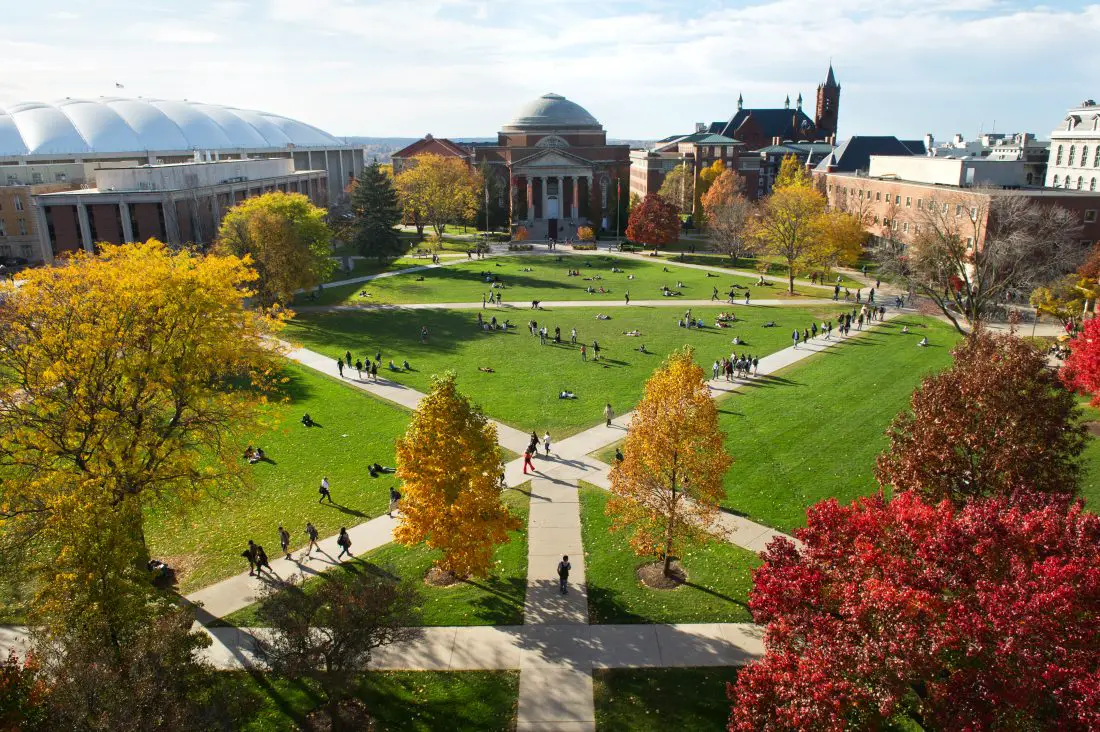Seeming to confirm the deterioration of freedom of speech at colleges and universities, students across the US admit in a new study that they have fears expressing themselves on campus. They also admit to being intolerant of listening to speakers with controversial ideas, a new study has found.
The survey, conducted by Real Clear Education, the Foundation for Individual Rights in Education (FIRE), and research firm College Pulse, measured students’ attitudes towards free speech by evaluating their responses across five categories: tolerance, openness, administrative support, self-expression, and speech codes. The survey sampled 55 schools.
The categories of self-expression and tolerance were most problematic.
In the category of self-expression, the questionnaire measured whether students felt they could freely express their views without retribution or harsh reactions from teachers or peers. Regarding tolerance, students were asked whether they would support or oppose a speaker expressing controversial views.
Least Tolerant Schools
Syracuse University had the lowest tolerance score, consistent with their low ranking on the overall list. The University of Oregon was 24th on the overall freedom of speech list but ranked as second least tolerant.
The other least tolerant schools were DePauw University, the University of California at Davis, and the University of Wisconsin.
Syracuse students and alumni have already lamented the state of free speech on campus in recent years. One example is that of Chemistry Professor Jon Zubieta, who caused controversy when he placed “Wuhan Flu” and “Chinese Communist Party Virus” on his course syllabus.
…Jon Zubieta who is a “distinguished professor” in Chemistry at Syracuse University for 17 years referred to COVID as the Wuhan Flu or Chinese Communist Party Virus in his syllabus 🤢 also sad to see students dismiss his actions and say, “it is what it is.” pic.twitter.com/QnJ4WyqUgG
— zoe 🍥 (@zoeselesi) August 25, 2020
The professor was placed on leave after the incident. The Syracuse administration was criticized by both students and donors since they felt that the school had succumbed to external pressure.
Syracuse also had a low score (39 percent) in the category of self-expression. Incidents such as Zubieta’s have had a chilling effect on freedom of expression among the student body, as many feel that any controversial statement may result in punishment by the administration.
Self-Expression Stifled
DePauw University received the lowest overall ranking as well as the lowest self-expression score. Students expressed that they didn’t feel it was a “safe space” to express your opinion, although DePauw claims to be the top liberal arts school in Indiana.
Dartmouth College, Louisiana State University, and the Universities of Georgia and Oklahoma round out the bottom five for self-expression.
Sixth-lowest in self-expression was the University of Texas at Austin. It is the only other university (after DePauw) to place in the bottom 10 of both categories. Freedom of speech advocacy group Speech First has sued the university, with a court of appeals recently upholding the merit of their case. The Fifth Circuit Appellate Court overturned a district court’s prior dismissal of the suit.
The notion that colleges and universities are havens of free expression and a healthy exchange of ideas seems to be on the wane.
As highlighted in the study, school administrations and students have seemingly become more focused on promoting their own agendas and punishing those who disagree rather than pursuing the ideal of free, open expression once held as an academic ideal.



